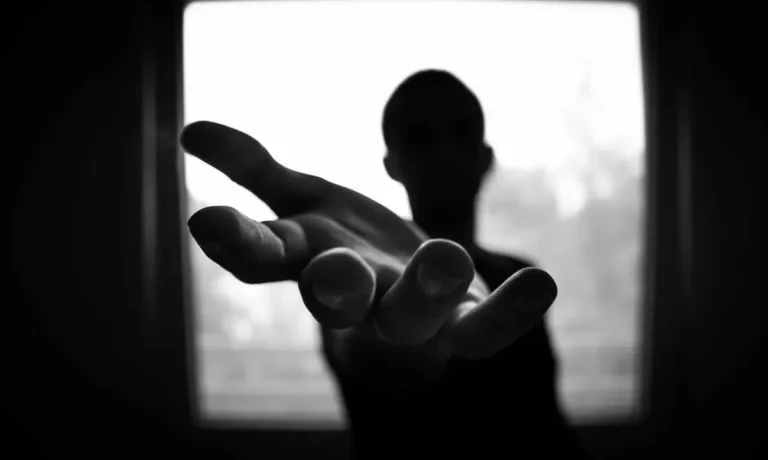The ABC’s of Accountability for Black Lives
What white people can do to become active contributors towards justice.
Racism and violence against Black lives throughout our history is an abomination. The painful and traumatic consequences are beyond comprehension.
The murders of George Floyd, Breonna Taylor (who would have been 27 today), and Ahmaud Arbery have catapulted an uprising. Change must happen. We are long overdue.
Now is the time for accountability for white people.
A shift is happening. There are displays of solidarity. People are listening in new ways. Racism is being called out. These micro-steps are heartening, but they are not enough if they end there.
Confronting our long history of white supremacy and privilege is a process. We cannot just watch Just Mercy, say we are allies, use solidarity emojis, carry our signs, change our Facebook profile picture frames to Black Lives Matter, order our copy of How to Be an Antiracist, participate in #BlackoutTuesday and call it a day. It requires a steadfast commitment to unlearning what we have been taught and acknowledging our accountability. In other words, no one is immune from responsibility.
In Feminist Accountability: Disrupting Violence and Transforming Power, Ann Russo emphasizes that seeing ourselves as allies or heroes just because we stand together in solidarity falls short. She explains that our traditional way of “punishing overt racist, sexist, homophobic, and/or xenophobic words and actions” positions us to think that some of us are “good” and some are “bad” when really anyone who is white bears accountability.
Whether we choose it or not, the simple truth is that being white brings privileges — and even when we don’t want to benefit from systemic oppression, we do. And while we all have inherited a fight we didn’t start, we have a responsibility to use our privilege to help put an end to it.
Russo suggests that the lens of accountability helps us see the roots of oppression and violence as “operating on intimate, interpersonal, institutional and systemic levels, rather than beginning and ending with the individual.” Behavior, then, can be seen as an “outcome of ongoing racial inequities, injustices, and abuses of power that are always/already operating in our lives.”
In my experience, behavior change doesn’t come through finger-pointing and shame. Negative reinforcement is so 1950s. In 2020, we have a much deeper understanding of what can nurture and cultivate a process of honest reflection, unlearning, accountability, and change. We stop calling ourselves “good” and “bad” and instead get to work to dismantle injustice. Self-righteousness and shame do nothing to foster the meaningful change we need.
As an educator and therapist, I want to share some basics — the “ABCs” of what may help us deepen accountability. These evidence-based principles have helped me in my teaching and social justice work, and in my own understanding of privilege and accountability as a white cisgender woman. This is not a comprehensive list, but one that I hope can serve as a starting point for the continued work of unlearning and relearning and commitment towards Black Lives Matter.
Accountability
Black reverence
Compassion
Dismantle white privilege/ supremacy
Equality
Fairness
Generate healing
Hold space and listen
Insist on systemic reform
Justice
Kindness
Liberation
Mobilize
No one can be a bystander
Organize
Peace and pluralism
Queer/LGBTQIA community protected and uplifted
Reach out
Show solidarity
Think consciously
Unlearn bias
Violence ends
White humility
Xenophobia ends
Youth empowered
Zealous commitment to end hate
We can move from passive bystanders to active contributors. Micro-steps are vital — but we must keep walking. Even when it’s uncomfortable. Even when it’s confusing. Even when it’s exhausting. And painful. Accountability is a must.
References
Russo, A. (2019). Feminist Accountability: Disrupting Violence and Transforming Power. New York: New York University Press.
Lee, K. (2018) Mentalligence: A New Psychology of Thinking: Learn What it Takes to Be More Agile, Mindful and Connected in Today’s World. Deerfield: HCI Books.

